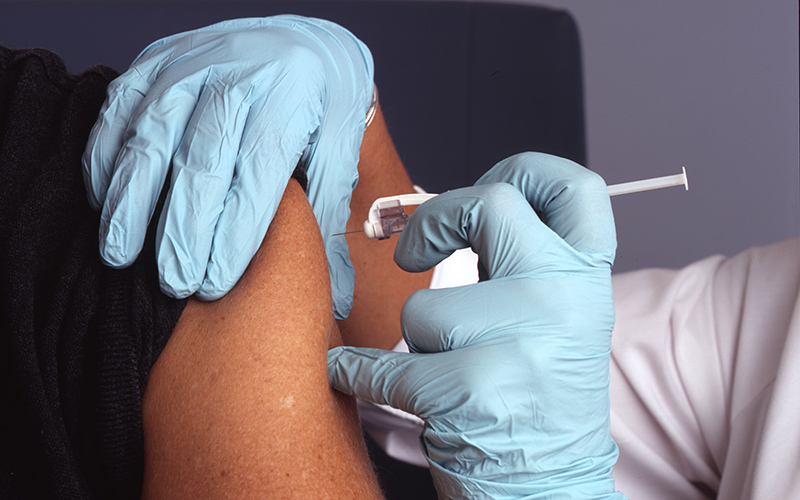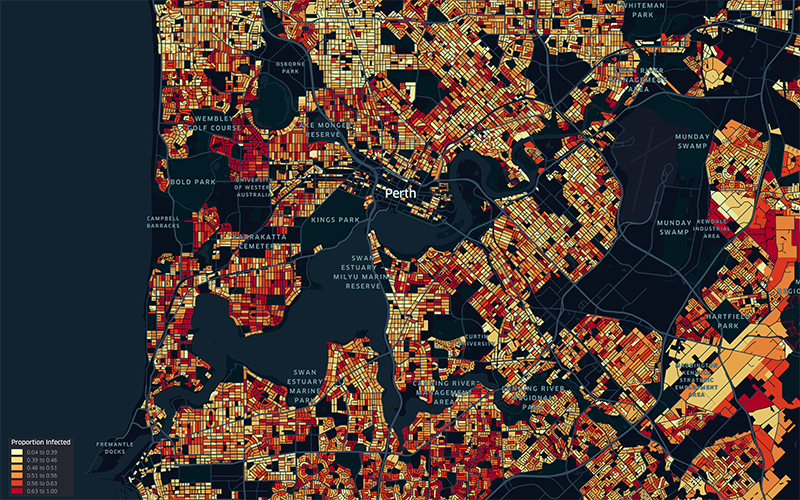Search
Research
The relationship between administratively recorded ethnicity and outcomes for people admitted to Australian intensive care units with COVID-19The relationship between ethnicity and mortality of patients critically ill with COVID-19 in Australia has not been described. Defining those communities at the highest risk of severe COVID-19 may assist with formulating effective public health policy and may improve the equitable delivery of health care in Australia.
Research
Epidemiology of Viral Infections in Neonatal Intensive Care Units in Western Australia: A Retrospective Study From 2016 to 2021 Including the COVID-19 PandemicViral infections are associated with significant morbidity and mortality in neonates. The COVID-19 pandemic led to changes in viral epidemiology in Western Australia. The impact on patients in neonatal intensive care is uncertain.
Research
Convalescent plasma in hospitalised patients with COVID-19Convalscent plasma (CP) was identified as a potential therapy for COVID-19 available early in the pandemic.
Research
Management and outcomes of children hospitalised with COVID-19 including incidental and nosocomial infections in Australia 2020–2023: A national surveillance studyManagement and outcomes of children hospitalised with acute SARS-CoV-2 infection may differ throughout the pandemic or with admission type (clinical COVID-19, incidental COVID-19 or nosocomial infection).
Research
Containing Coronavirus Disease 19 (ConCorD-19)Chile has been hard hit by COVID-19, at times reporting around 6500 new cases a day, with many of these located in the capital Santiago.
Research
Targeting interventions to improve influenza control: a proof of principle geomapping studyChristopher Kefyalew Hannah Blyth Alene Moore MBBS (Hons) DCH FRACP FRCPA PhD BSc, MPH, PhD OAM BSc (Hons) GradDipClinEpi PhD Centre Head, Wesfarmers

News & Events
BCG vaccine does not protect against COVID-19 in healthcare workersA world-leading international trial examining the immune boosting benefits of the tuberculosis vaccine, BCG, has found it does not protect healthcare workers against COVID-19.

News & Events
Australia one step closer to COVID-19 shot for under 5sAustralia’s TGA has granted a provisional determination to Pfizer, allowing the pharmaceutical company to apply for approval to extend its COVID-19 vaccine to children aged 6 mths - 4 yrs.

News & Events
Sophisticated modelling shows WA’s Omicron outbreak still has months to runWestern Australia’s Omicron outbreak is far from over, with new modelling showing the number of total infections is only at its half-way point.

News & Events
Sophisticated new modelling suggests keeping mask mandate could prevent 147,000 COVID-19 casesWA’s current Omicron COVID-19 outbreak could jump by 147,000 cases if mask mandates are abandoned before the Easter long weekend, according to sophisticated new modelling.
